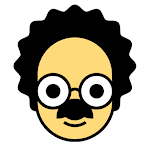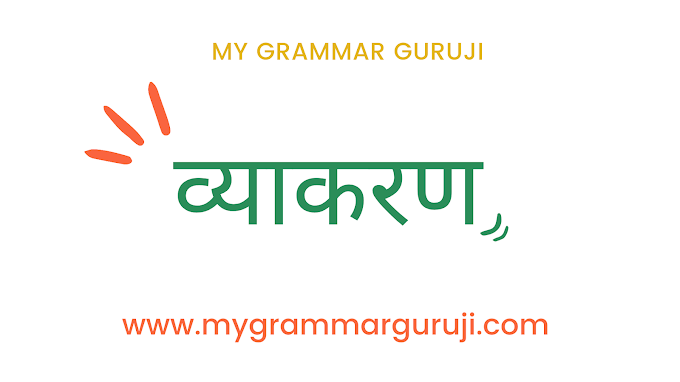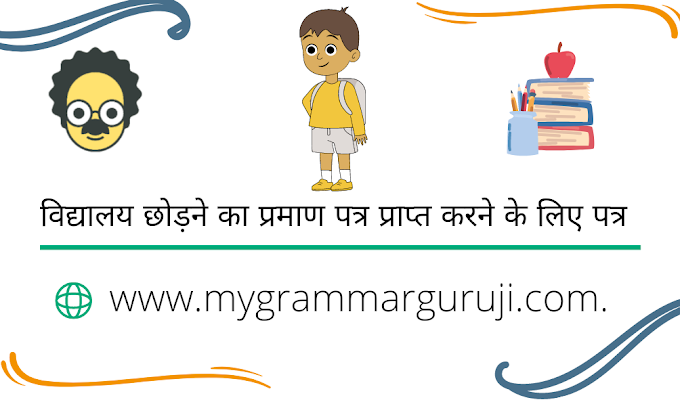What is an Adjective?
An adjective describes or modifies noun/s and pronoun/s in a sentence.
(विशेषण एक वाक्य में संज्ञा और सर्वनाम का वर्णन करता है)
It normally indicates quality, size, shape, duration, feelings, contents, and more about a noun or pronoun.
(यह आम तौर पर एक संज्ञा या सर्वनाम के बारे में गुणवत्ता, आकार, आकार, अवधि, भावनाओं, सामग्री और बहुत कुछ इंगित करता है)
What kind? How many? Which one? How much? Adjectives enrich your writing by adding precision and originality to it.
Examples :
- The team has a dangerous player. (What kind?)
- I have ten candies in my pocket. (How many?)
- I loved that red dress. (Which one?)
- I earn more money than he does. (How much?)
There are several types of adjectives according to their uses.
Types of Adjectives
- Descriptive Adjectives
- Quantitative Adjectives
- Proper Adjectives
- Demonstrative Adjectives
- Possessive Adjectives
- Interrogative Adjectives
- Indefinite Adjectives
- Compound Adjectives
- Articles
1. Descriptive Adjectives:
A descriptive adjective is a word which describes nouns and pronouns. Most of the adjectives belong in this type. These adjectives provide information and attribute to the nouns/pronouns they modify or describe. Descriptive adjectives are also called qualitative adjectives.
Participles are also included in this type of adjective when they modify a noun.
(वर्णनात्मक विशेषण वह शब्द है जो संज्ञा और सर्वनाम का वर्णन करता है। अधिकांश विशेषण इस प्रकार के होते हैं)
Examples:
- I have a fast car. (The word ‘fast’ is describing an attribute of the car)
- I am hungry. (The word ‘hungry’ is providing information about the subject)
- I saw a flying kite.
2. Quantitative Adjectives:
A quantitative adjective provides information about the quantity of the nouns/pronouns. This type belongs to the question category of ‘how much’ and ‘how many’.
(एक मात्रात्मक विशेषण संज्ञा / सर्वनाम की मात्रा के बारे में जानकारी प्रदान करता है)
Examples:
- I have 20 bucks in my wallet. (How much)
- They have three bikes. (How many)
- You should have completed the whole project. (How much)
3. Proper Adjectives:
Proper adjectives are the adjective form of proper nouns. When proper nouns modify or describe other nouns/pronouns, they become proper adjectives. ‘Proper’ means ‘specific’ rather than ‘formal’ or ‘polite.’
A proper adjective allows us to summarize a concept in just one word. Instead of writing/saying ‘a food cooked in Chinese recipe’ you can write/say ‘Chinese food’.
Proper adjectives are usually capitalized as proper nouns are.
(यह विशेषण व्यक्तिवाचक संज्ञा के विशेषण रूप हैं, यह हमें केवल एक शब्द में सम्पूर्ण अवधारणा को समझा देते है)
Examples :
- American cars are very strong.
- Chinese people are hard workers.
- I love KFC chicken.
- Marxist philosophers despise capitalism.
4. Demonstrative Adjectives:
A demonstrative adjective directly refers to something or someone. Demonstrative adjectives include the words: this, that, these, those.
A demonstrative pronoun works alone and does not precede a noun, but a demonstrative adjective always comes before the word it modifies.
(यह विशेषण, किसी वस्तु को संदर्भित करता है, सामान्य रूप से यह कहने वाले की निकटता या दूरी को दर्शाता है, जैसे -यह, वह, ये, वे )
Examples:
- That building is so gorgeously decorated. (‘That’ refers to a singular noun far from the speaker)
- This car is mine. (‘This’ refers to a singular noun close to the speaker)
- These cats are cute. (‘These’ refers to a plural noun close to the speaker)
- Those flowers are heavenly. (‘Those’ refers to a plural noun far from the speaker)
5. Possessive Adjectives:
A possessive adjective indicates possession or ownership. It suggests the belongingness of something to someone/something.
Some of the most used possessive adjectives are my, his, her, our, their, your.
All these adjectives always come before a noun. Unlike possessive pronouns, these words demand a noun after them.
(यह विशेषण कब्जे या स्वामित्व को इंगित करता है)
Examples:
- My car is parked outside.
- His cat is very cute.
- Our job is almost done.
- Her books are interesting.
6. Interrogative Adjectives:
An interrogative adjective asks a question. An interrogative adjective must be followed by a noun or a pronoun. The interrogative adjectives are: which, what, whose. These words will not be considered as adjectives if a noun does not follow right after them. ‘Whose’ also belongs to the possessive adjective type.
(यह विशेषण एक प्रश्न पूछता है)
Examples:
- Which phone do you use?
- What game do you want to play?
- Whose car is this?
7. Indefinite Adjectives:
An indefinite adjective describes or modifies a noun unspecifically. They provide indefinite/unspecific information about the noun. The common indefinite adjectives are few, many, much, most, all, any, each, every, either, nobody, several, some, etc.
(यह विशेषण किसी अनिर्धारित वस्तु के बारे मे बताता है)
Examples:
- I gave some candy to her.
- I want a few moments alone.
- Several writers wrote about the recent incidents.
- Each student will have to submit homework tomorrow.
8. Compound Adjectives:
- I have a broken-down bat.
- I saw a six-foot-long snake.
- He gave me an “I’m gonna kill you now” look.
9. Articles
Articles also modify the nouns. So, articles are also adjectives. Articles determine the specification of nouns. ‘A’ and ‘an’ are used to refer to an unspecific noun, and ‘the’ is used to refer to a specific noun.
Examples:
- A cat is always afraid of water. (Here, the noun ‘cat’ refers to any cat, not specific.)
- The cat is afraid of me. (This cat is a specific cat.)
- An electronic product should always be handled with care.
The Degree of Adjectives:
There are three degrees of adjectives: Positive, comparative, superlative.
These degrees are applicable only for the descriptive adjectives.
Examples:
Positive degree:
He is a good boy.
Comparative degree:
He is better than any other boy.
Superlative:
He is the best boy.
FORMATION OF COMPARATIVE AND SUPERLATIVE DEGREES
RULE I: Comparative by applying er after most adjectives And applying 'est'
Positive Meaning
- bright चमकीला
- bold साहसी
- clever चतुर
- clean साफ
- cold ठण्डा
- deep गहरा
- High ऊंचा
- Hard कठोर
- kind दयालु
- poor गरीब
- light हल्का
- rich अमीर
Comparative Superlative
- Brighter Brightest
- Bolder Boldest
- Cleverer Cleverest
- Cleaner Cleanest
- Colder Coldest
- Deeper Deepest
- Higher Highest
- Harder Hardest
- Kinder Kindest
- Poorer Poorest
- Lighter Lightest
- Richer Richest
- beautiful more beautiful
- careful more careful
- active more active
- difficult more difficult
- useful more useful
- most beautiful
- most careful
- most active
- most difficult
- most useful






Wonderful post 🤩🙏
ReplyDeleteThank you!